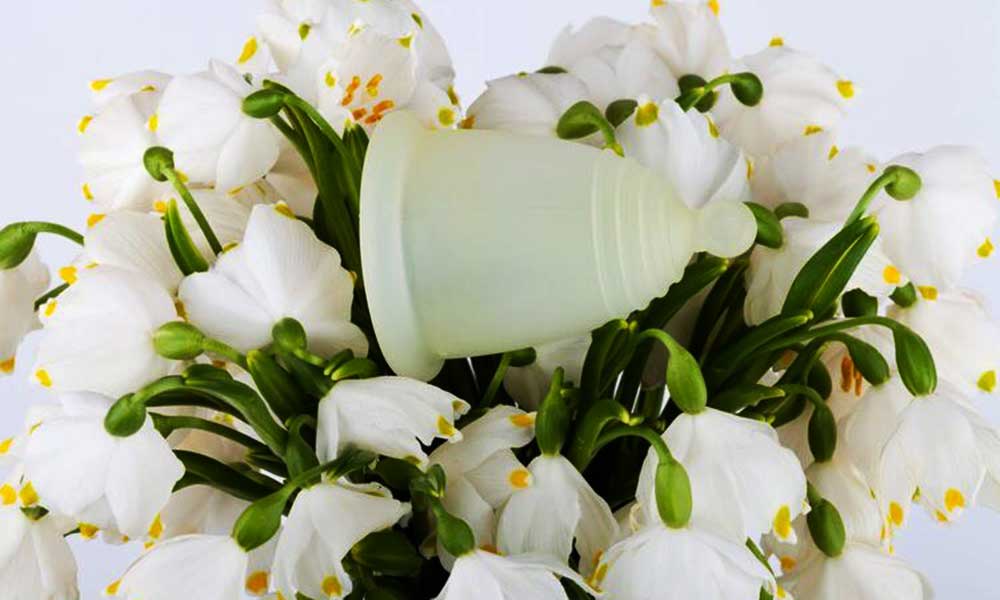Sanitary napkins – Menses are natural, often called periods or monthly. These are the days when females, usually between the age of 11- 45 bleeds. The flow of blood and the number of days they bleed vary, but the commonality among all is the sanitary napkins, which they use.
As a matter of fact, upto 125 kg of non-biodegradable waste is generated by a single woman, during her menstruating years. To add more, all this waste not only has cascading effect to the environment but also take a long run to be decomposed. Not completely though!
Well this article doesn’t condemn the use of sanitary napkins but strive to inform about the other alternatives, one can switch to. It includes:
Alternatives of sanitary napkins –
Menstrual Cups:
If you’re looking for a green alternative, menstrual cup is the one you should go for. Not only they are reusable and check stains or seepage of blood on the clothes but they ensure thumbs up to your hygiene as well.
Well they aren’t ubiquitous like sanitary napkins or tampons (the other alternative) but stood first when comes to eco-friendly nature. You might have queries regarding its use and availability. To know, they are inserted inside the vagina during periods or menstrual bleeding. Alike, you keep changing your pads after a certain interval of time, you have to pour out the blood from the cups and use it again. They are tender to use as they avoid rashes set off by plastic pads.
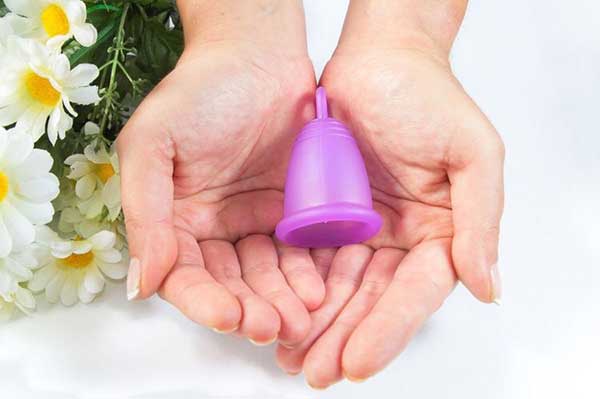
Tampons:
Tampons aren’t queer to females yet their proper use is still a matter of concern. It’s crucial to know what size of tampon you should opt for. For a beginner, the “slender” size is preferred, from moderate to heavy flow. Also try applicator tampon over non-applicator if you use for the first time.
They require a safe disposal just as sanitary napkins does, but unlike them they are more comfy to use and avoids stain which happens to be in case of napkins during heavy bleeding.
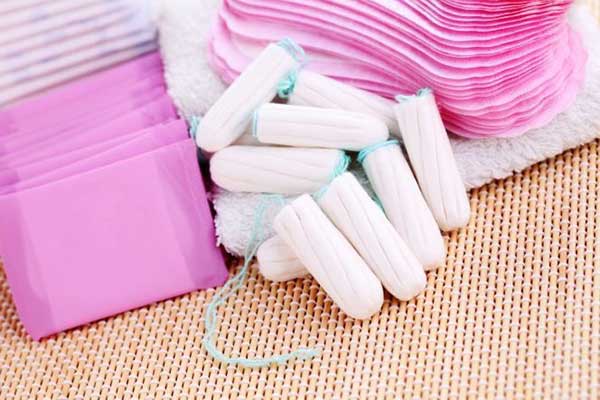
Biodegradable Napkins:
Biodegradable, as the name suggests imbibes all the quality to give it a green thumb. As compared to those plastic/cotton pads, it takes less time to decompose. To note, it’s 100% decomposable.
The substances used for making these green pads (banana fibres, grass, cotton, etc.) not only prevents skin irritation but also check carcinogenic substances which are used in before mentioned.
This Women’s Day, the Department of Pharmaceuticals under the Ministry of Chemicals and Fertilisers, introduced oxo-biodegradable pads, under the name “Suvidha”. They are not only affordable but also hands in keeping women as well as environment healthy and green, respectively.
These pads priced at Rs 10 for four pads and are available chiefly for rural section of the society. A green step indeed! To note, these pads will be available over 3,200 Pradhan Mantri Bhartiya Janaushadhi Pariyojana (PMBJP) Kendras by May 28, 2018.
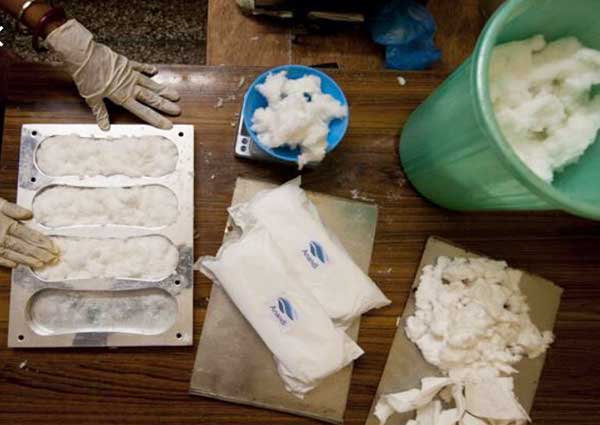
Reusable Sanitary Napkin:
These cloth napkins not only substitute the use sanitary napkins because of it absorbency, ensured by multi-layer of cotton, are easy to wash and free from all those chemical substances that are used in the processing of plastic pads.
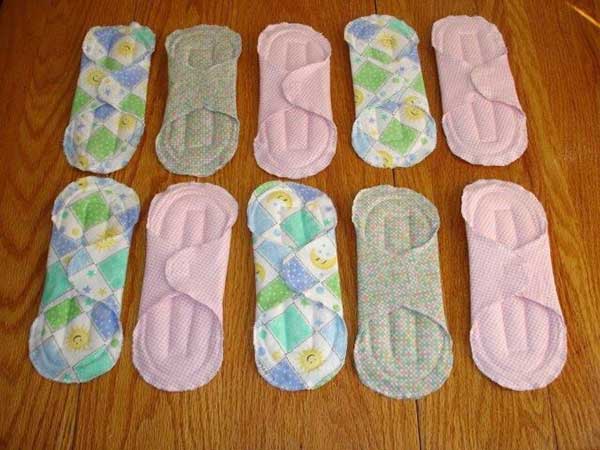
One can reuse it, by washing it manually or in machines . Besides all they feel like cloth and thus avoid harsh contact of plastic material with your sensitive skin.

